From Flakes to Fabulous: Natural Ways to Combat Dandruff
Dandruff can be an annoying and persistent problem, affecting both your confidence and comfort. Those white flakes on your shoulders and the constant itchiness can be frustrating, but before you reach for a medicated shampoo, why not try some natural remedies? In this blog post, we’ll explore various ways to remove dandruff naturally, helping you achieve a healthy, flake-free scalp with simple ingredients you can find at home.
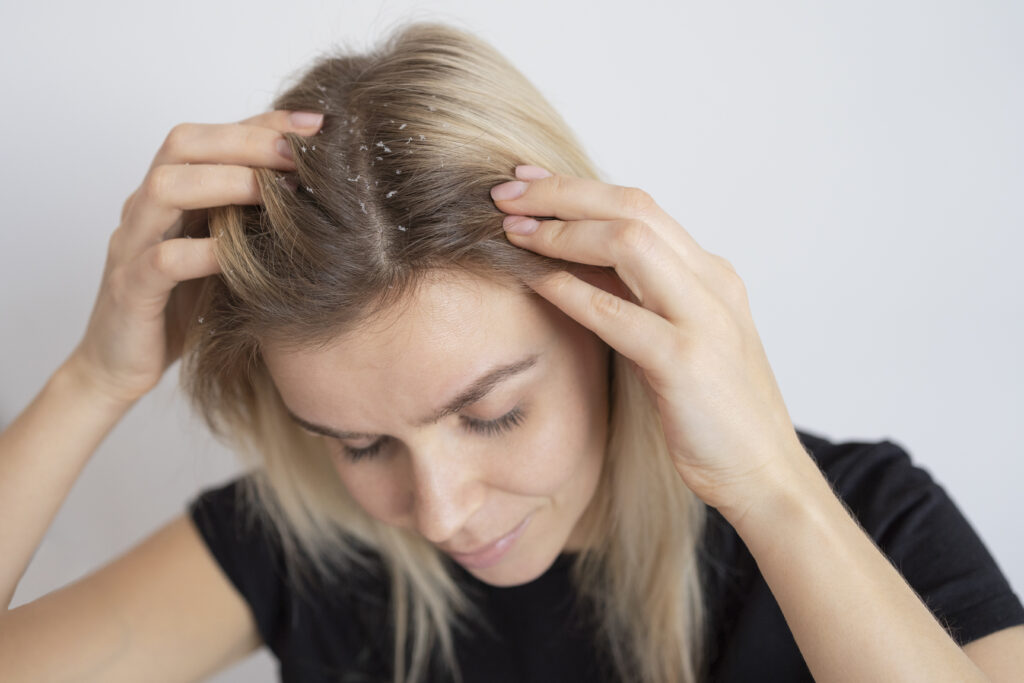
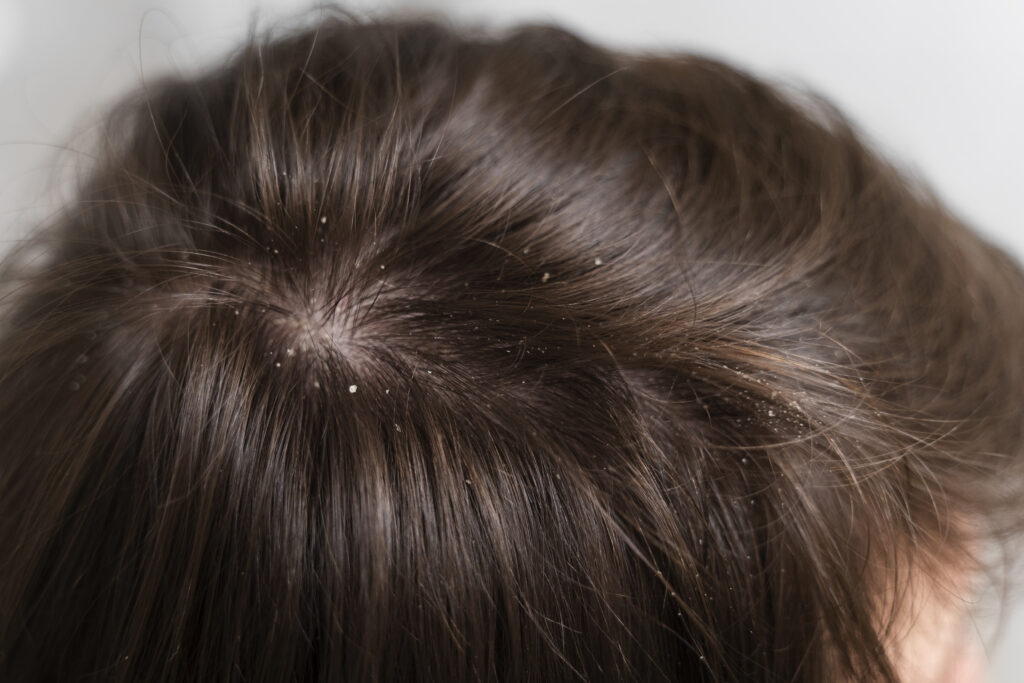
Understanding Dandruff
Before diving into remedies, it’s important to understand what dandruff is and what causes it. Dandruff is the shedding of dead skin cells from the scalp. While it’s normal for skin cells to die and flake off, some people experience an unusually large amount of flaking, often accompanied by itching and irritation.
Common causes of dandruff include:
- Dry Skin: This is the most common cause. Flakes from dry skin are usually smaller and less oily.
- Oily Skin (Seborrheic Dermatitis): This condition affects areas rich in oil glands, causing red, greasy skin covered with flaky white or yellow scales.
- Fungus (Malassezia): This yeast-like fungus lives on the scalp and feeds on the oils. Sometimes it grows out of control, causing scalp irritation and increased cell turnover.
- Sensitivity to Hair Products (Contact Dermatitis): Some people react to certain ingredients in hair care products, resulting in a red, itchy, and scaly scalp.
Natural Remedies for Dandruff
1. Tea Tree Oil
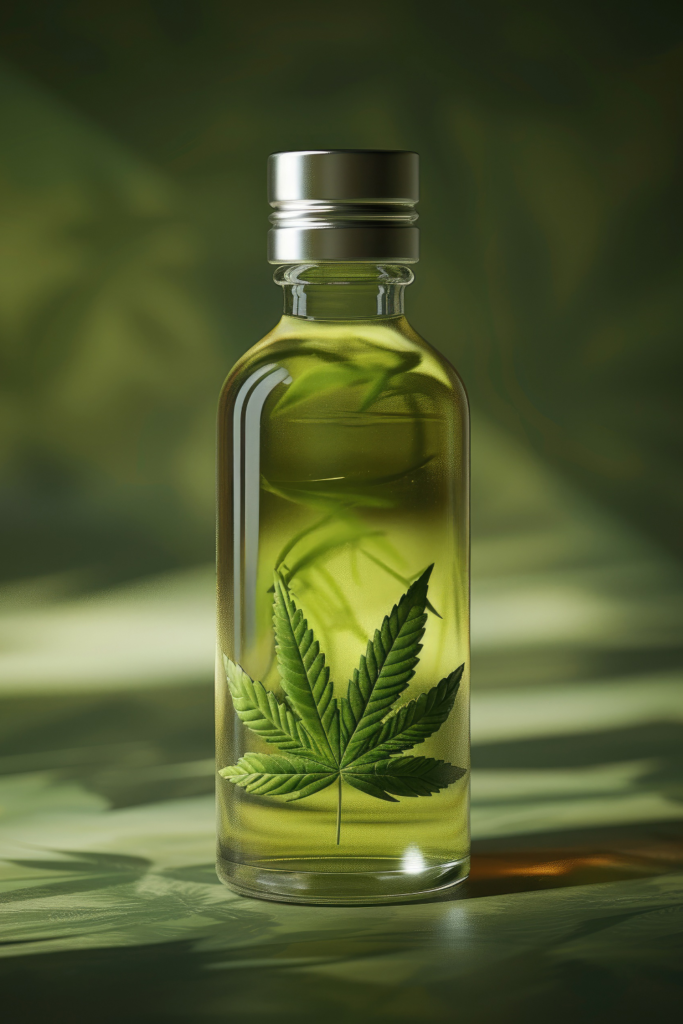
Tea tree oil is known for its powerful antifungal and antimicrobial properties, making it an excellent remedy for dandruff. It helps to reduce the growth of the fungus that causes dandruff and soothes the scalp.
How to Use: Mix a few drops of tea tree oil with a carrier oil like coconut or olive oil. Massage it into your scalp and leave it on for about 15 minutes before washing your hair as usual. Repeat this 2-3 times a week.
Personal Tip: When I first tried tea tree oil, I was amazed by its cooling effect. It not only helped with my dandruff but also left my scalp feeling refreshed.
2. Apple Cider Vinegar
Apple cider vinegar helps to balance the pH level of the scalp, making it harder for yeast to grow. It also works as a natural clarifier, removing dead skin cells that can clog hair follicles and contribute to dandruff.
How to Use: Mix equal parts of apple cider vinegar and water in a spray bottle. Spray it onto your scalp, leave it on for about 15 minutes, and then rinse it off with water. Use this treatment 1-2 times a week.
Personal Experience: I was skeptical at first, but after a few weeks of using apple cider vinegar, my dandruff significantly reduced, and my hair felt incredibly soft.
3. Aloe Vera
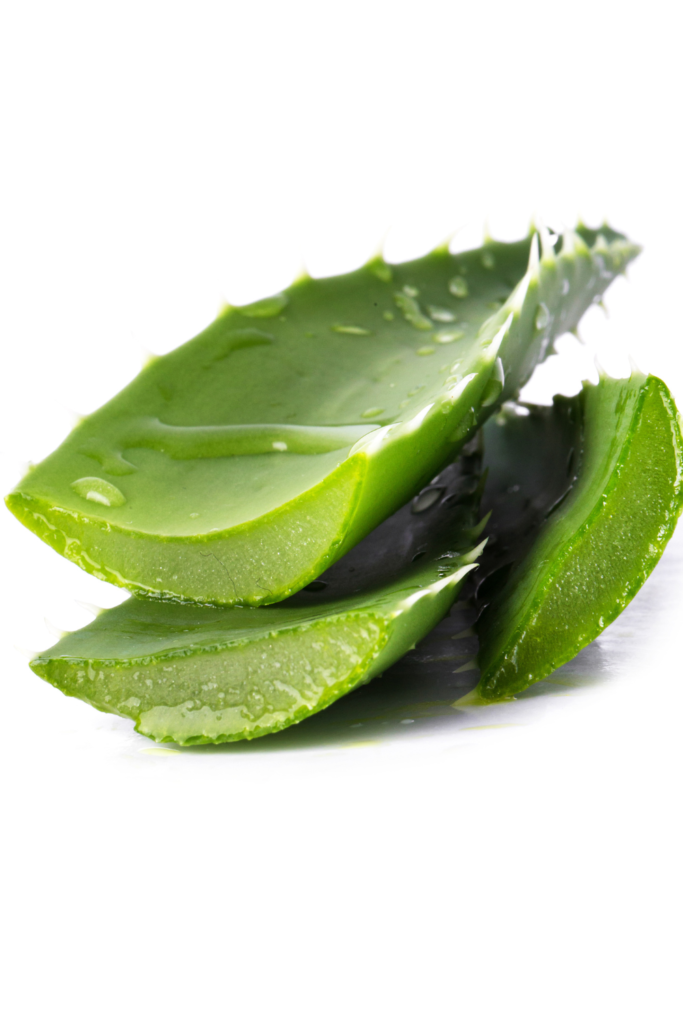
Aloe vera is known for its soothing and moisturizing properties. It helps to reduce inflammation and can alleviate the itchiness associated with dandruff.
How to Use: Extract fresh aloe vera gel from the plant and apply it directly to your scalp. Leave it on for 30 minutes and then wash your hair with a mild shampoo. Repeat this 2-3 times a week.
Personal Story: Incorporating aloe vera into my hair care routine not only helped with my dandruff but also improved my overall scalp health, reducing dryness and irritation.
4. Coconut Oil
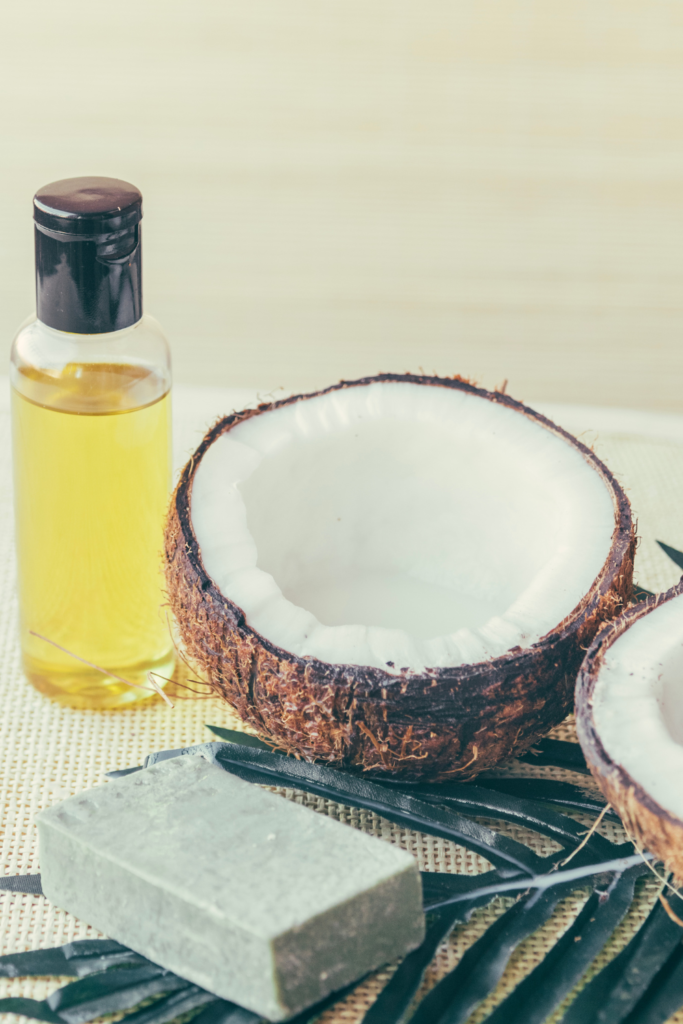
Coconut oil has antifungal properties and is an excellent moisturizer. It helps to reduce the amount of dandruff and prevent dryness.
How to Use: Warm up some coconut oil and massage it into your scalp. Leave it on for at least an hour (or overnight for best results) and then wash your hair thoroughly. Use this remedy 2-3 times a week.
Personal Tip: I like to mix a few drops of essential oils like rosemary or lavender with coconut oil for an added benefit and a pleasant scent.
5. Baking Soda
Baking soda acts as a mild exfoliant, helping to remove dead skin cells and reduce the overgrowth of fungi.
How to Use: Wet your hair and rub a handful of baking soda onto your scalp. Leave it on for a few minutes before rinsing thoroughly. Follow up with a conditioner, as baking soda can be drying. Use this treatment once a week.
Personal Experience: Although baking soda felt a bit gritty at first, it effectively reduced my dandruff and left my scalp feeling clean.
6. Lemon Juice
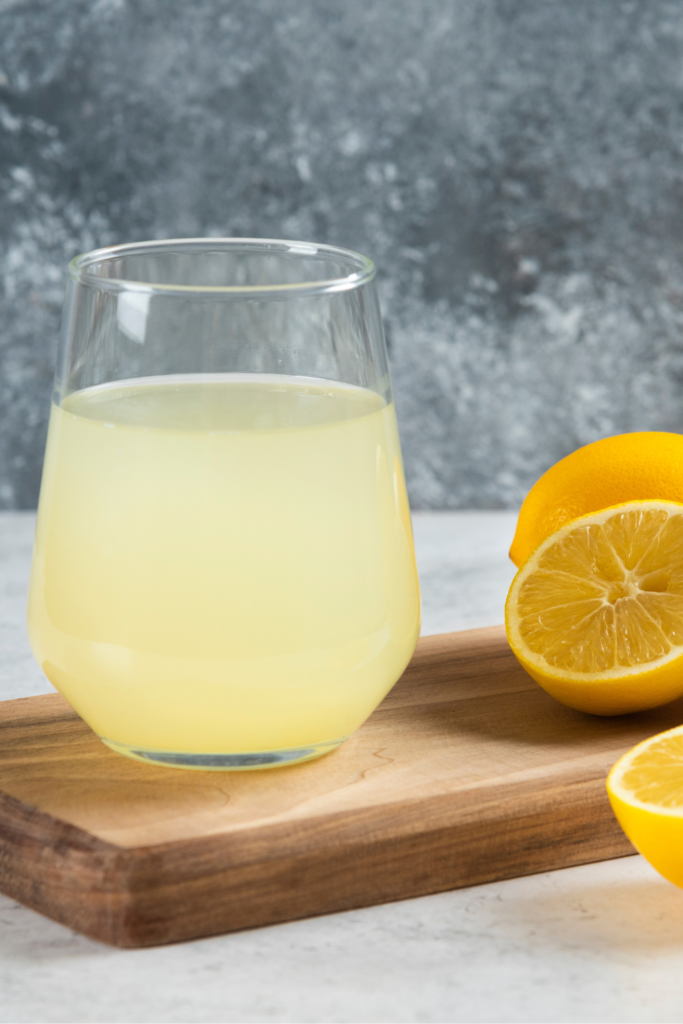
Lemon juice contains citric acid, which helps to fight dandruff-causing fungi and balance the pH of the scalp.
How to Use: Apply freshly squeezed lemon juice to your scalp and leave it on for about 10 minutes before rinsing with water. Use this remedy 2-3 times a week.
Personal Story: I was worried that lemon juice might sting, but it was surprisingly gentle and effective. My dandruff reduced, and my scalp felt invigorated.
Additional Tips for Managing Dandruff
- Maintain a Healthy Diet: Eating a balanced diet rich in zinc, B vitamins, and healthy fats can support scalp health.
- Stay Hydrated: Drinking plenty of water helps to keep your skin, including your scalp, hydrated.
- Manage Stress: Stress can worsen dandruff, so practicing stress management techniques like yoga, meditation, or regular exercise can help.
- Avoid Hair Styling Products: Reduce the use of hair gels, sprays, and other styling products that can build up on the scalp and contribute to dandruff.
Conclusion
Dandruff can be a persistent issue, but with the right natural remedies and a bit of patience, you can manage and reduce it effectively. From the soothing properties of aloe vera to the antifungal benefits of tea tree oil, there are numerous natural options to explore. Remember, consistency is key, and it may take a few weeks to see significant improvement. Embrace these natural solutions and enjoy a flake-free, healthier scalp naturally.
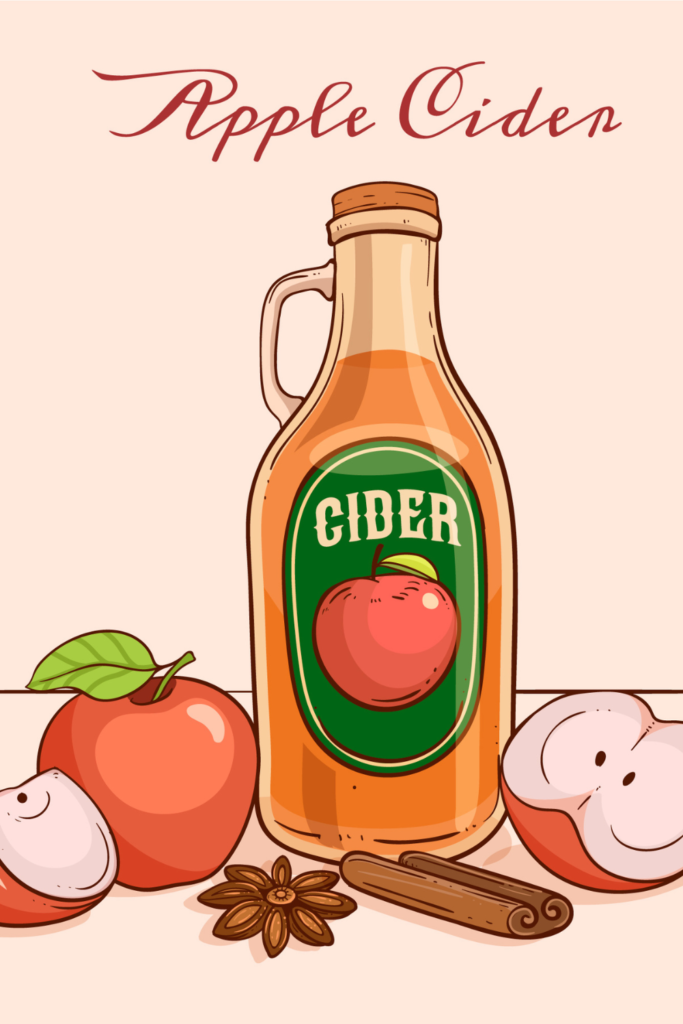
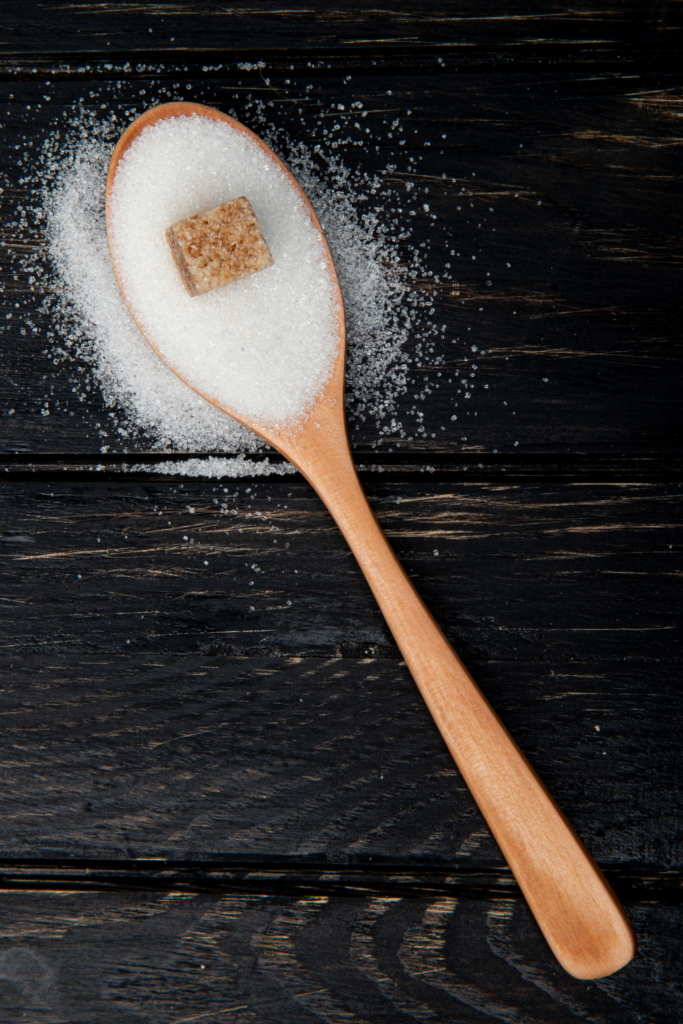



0 Comments